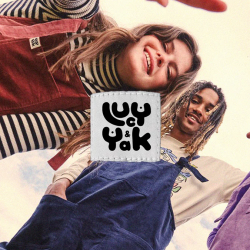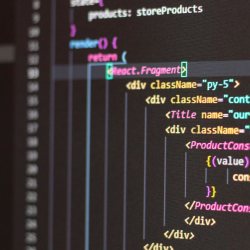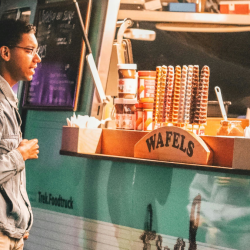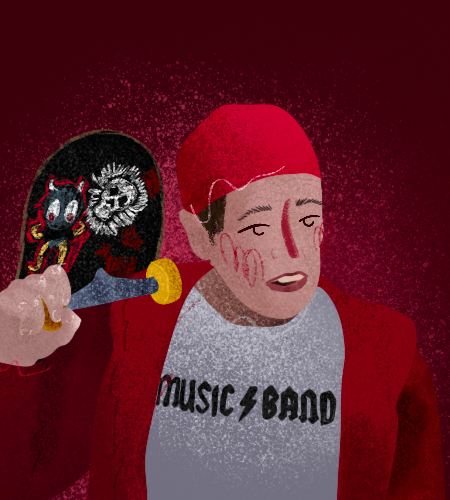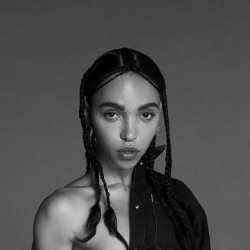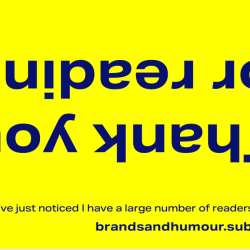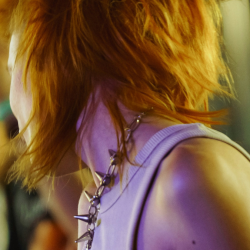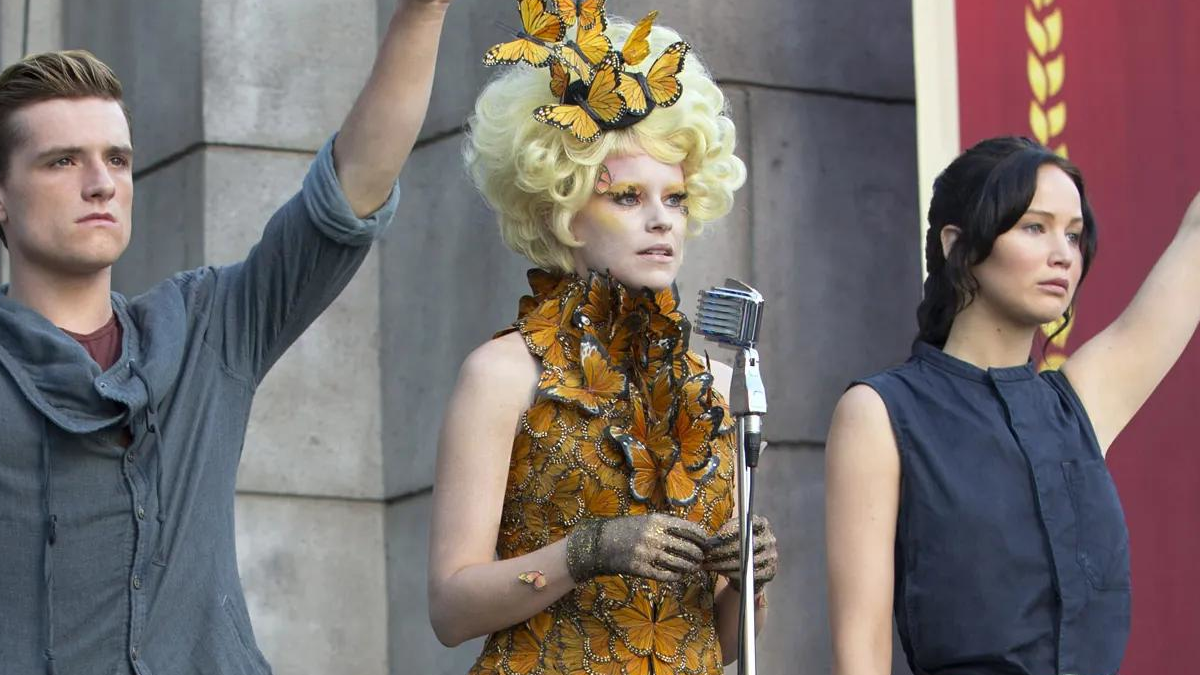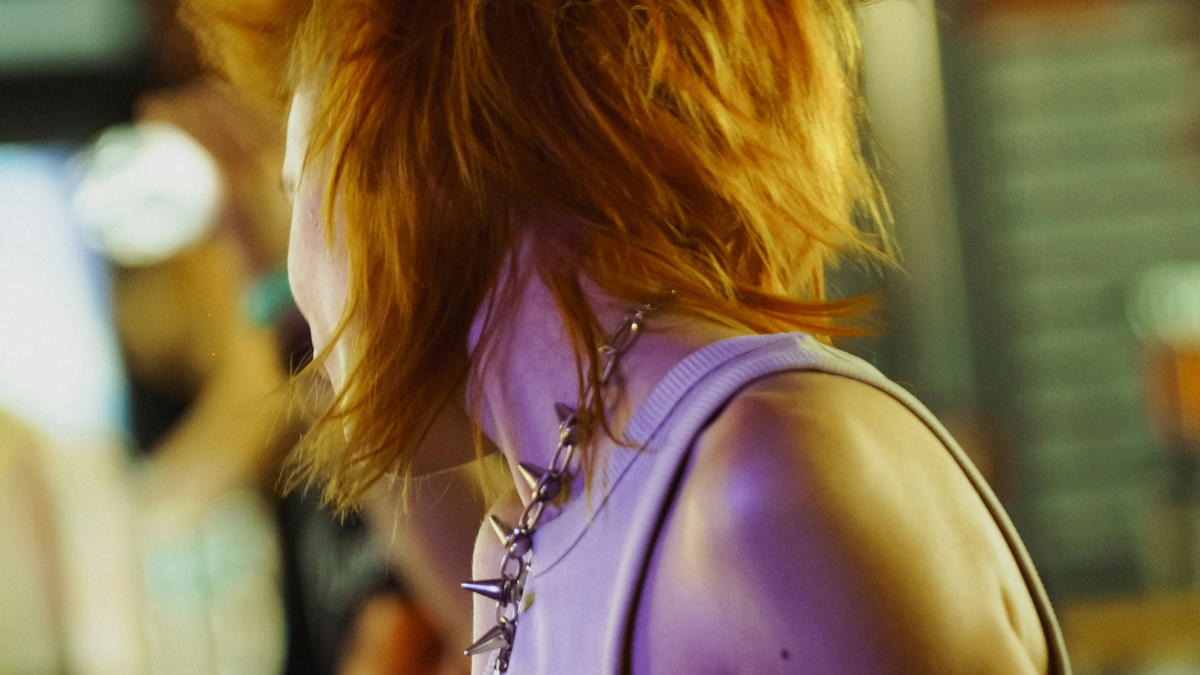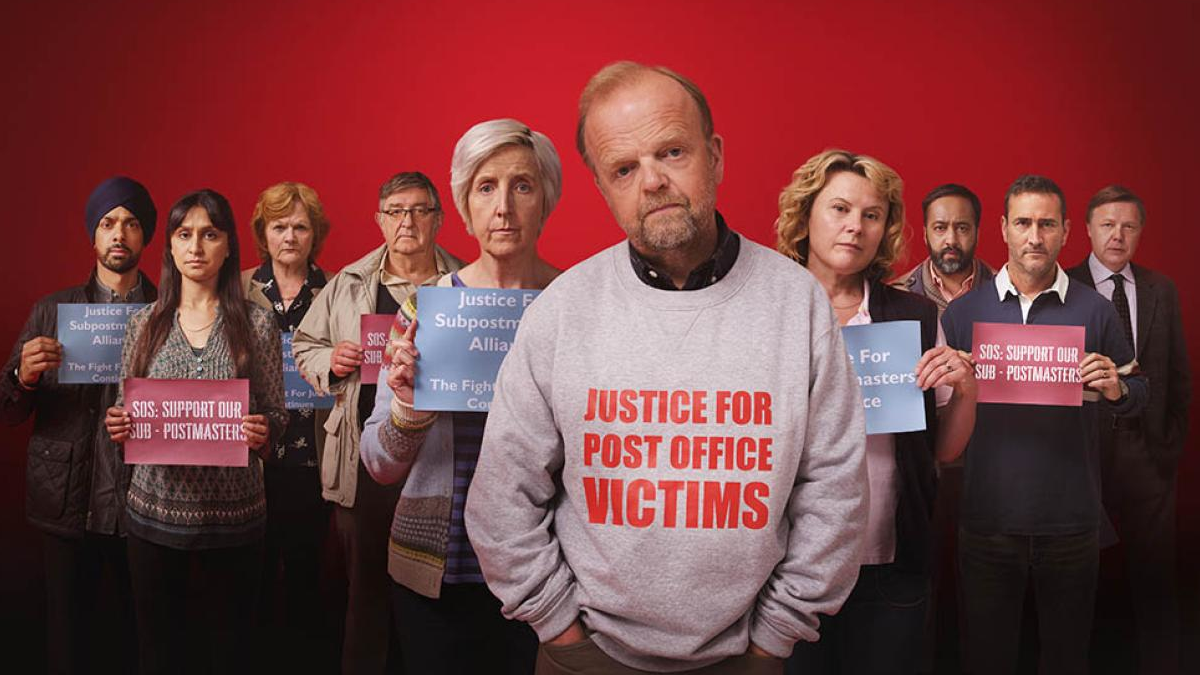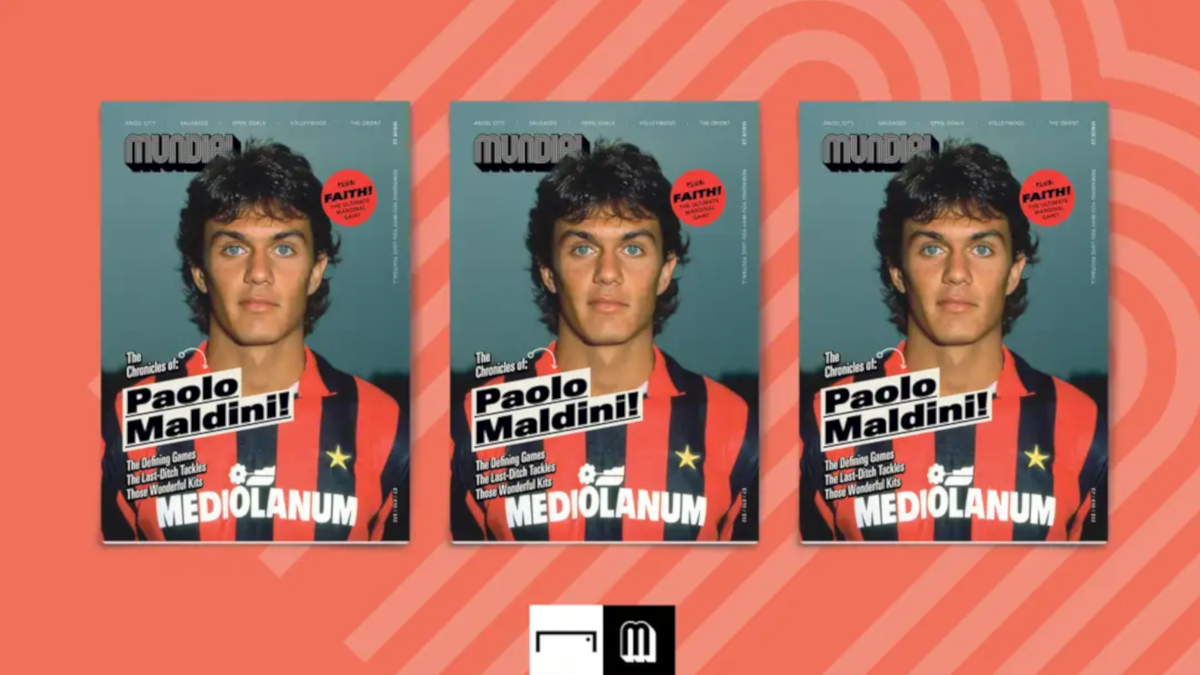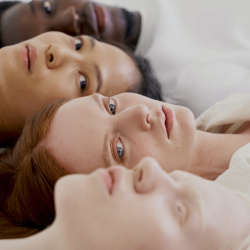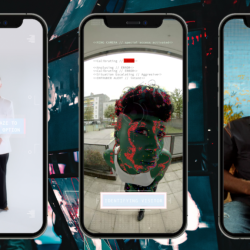The great divide between celebrity culture and public opinion is growing ever larger, with ‘out of touch’ influencers held to account…
Every year, the US’s most glamorous celebrities gather in their finery at fashion’s most opulent event. This year, however, the event sparked controversy, outrage, and protests. Many likened the gala’s attendees to citizens of The Hunger Games’ dystopian capitol, where affluent citizens in fantastical outfits wine and dine while watching the suffering of the impoverished, oppressed districts for entertainment.
The Hunger Games book and films were a heightened, dystopian commentary on the unequal world we already live in, art imitating life.
This year though, the real-life disparity between the downtrodden poor and the glittery elite felt so extreme as to be eerily close to the fantastical version. Many regular people are struggling under a cost-of-living crisis, becoming acutely aware of international humanitarian disasters, and campaigning against tax-funded conflict. There were even protests near the closed-off Met Gala itself. In this context, influencer attendee Hayley Baylee lipsyncing ‘Let them eat cake’ feels, to many, wildly out of touch. As influencers uploaded outfits to social media, cynical onlookers commented things like, ‘watching this from District 12’.
Inaction causes frustration
This great divide isn’t totally new. Of course, the rich have always been a world apart, and celebrities adored anyway. Social media helps people form parasocial relationships with their idols. Several huge events in the past decade have caused some decline in celebrity worship, often in response to famous people actively doing bad things e.g. Hollywood revelations during #MeToo, partying on private yachts during the pandemic.
Now, however, the frustration is at the inaction of many people who were previously idolised. They could have a huge influence: raise awareness, fundraise, call for humanitarian action. When they don’t, the people notice, calling for them to ‘use their platform’. Not having a stance, not engaging, staying silent — those are the biggest disappointments.
‘Not knowing’ is no longer an excuse
There have been some huge political movements in recent years, with young people heavily involved: Black Lives Matter, various strikes, and now encampments at universities across the world. In the past there was much less pressure for influencers and celebrities to speak up on certain issues, as they were understood to be unqualified, separate.
In the modern day, however, everyone has access to the same public information via social media, and young people increasingly get their news from TikTok rather than traditional news sites. It’s easier than ever to be informed, and to form informed opinions. In this context, refusal to engage or express an opinion on political and moral issues is losing people fans.
Followers feel entitled to answers
Many people distrust the online influencer system. EnTribe’s 2023 survey showed 51% of surveyed consumers ‘simply scroll past’ branded influencer content, and 21% ‘hate them and find them untrustworthy’.
People are hyper-aware of the fact that many celebrities and most influencers make their money from sponsorship deals, that followers’ engagement is the product they’re selling, that they are wary of losing said deals by expressing an opinion that may be controversial.
For those who do follow and engage understand the system, and therefore feel justified in holding these people to account.
Less capitol, more district
For brands and marketers working with influencers, it’s important to be aware of the expectations of the audience and avoid potentially alienating people. Not everyone demands that brands, celebrities and influencers be politically active, but ignoring the atmosphere and celebrating opulence or excess in a time of crisis is likely to cause controversy.
Right now, the gap simply feels too wide.
Featured image: The Hunger Games (2012) / Lionsgate Films
